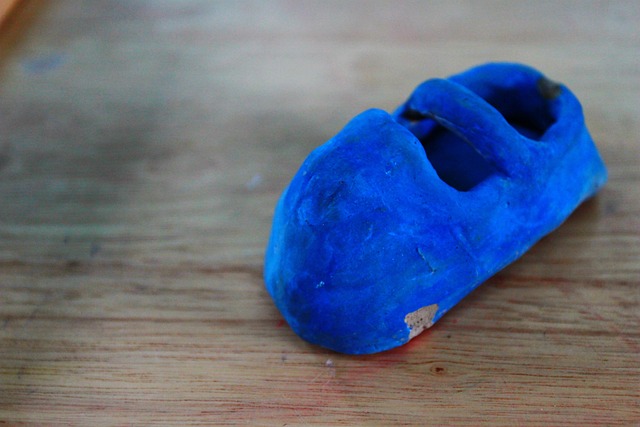After a water leak in Boerne, swift action is key to preventing mold growth. This involves fixing the leak immediately, drying the area within 48 hours, removing damaged materials, cleaning surfaces, and considering professional air quality testing. Choosing the right testing methods, such as air sampling and surface swabs, ensures comprehensive data for mitigating health risks associated with hazardous substances like mold spores and volatile organic compounds (VOCs). Following these steps is crucial for maintaining a healthy living environment in Boerne.
In Boerne, proper mold inspection and air quality testing are essential steps to maintain healthy indoor environments, especially after water leaks. Understanding mold growth and its potential health impacts is crucial. This article guides you through the process, offering insights on “How to Prevent Mold After a Water Leak in Boerne.” From identifying mold’s early signs to choosing effective testing methods, these strategies ensure peace of mind and a safer living space.
- Understanding Mold Growth and Air Quality Testing
- Steps to Prevent Mold After a Water Leak in Boerne
- Choosing the Right Testing Methods for Peace of Mind
Understanding Mold Growth and Air Quality Testing

Understanding the dynamics of mold growth is key when addressing air quality issues, especially post-water leaks. In Boerne or any other location, a water leak can create a hospitable environment for mold to flourish. Mold thrives in damp and dark spaces, making attics, basements, and crawl spaces prime real estate for its development. When water infiltrates these areas, it provides the necessary moisture for spores to germinate and grow, often leading to visible mold growth within days or weeks.
Air quality testing is a crucial step in assessing the extent of mold contamination after a water leak. It involves analyzing airborne mold spores to determine their types, concentrations, and potential health risks. This process helps identify hidden mold sources and evaluates the air’s overall cleanliness. For Boerne residents facing post-leak situations, knowing how to prevent mold growth is essential. This includes rapid drying of affected areas, proper ventilation, and, if necessary, professional cleaning and remediation services to ensure a healthy living environment.
Steps to Prevent Mold After a Water Leak in Boerne

After a water leak in Boerne, prompt action is crucial to prevent mold growth. The first step is to locate and fix the source of the leak as soon as possible. Once the leak is under control, dry out the affected area thoroughly using fans and dehumidifiers. Ensure all surfaces are completely dry within 48 hours to inhibit mold development.
Next, remove any damaged materials such as drywall or insulation that cannot be fully dried and cleaned. Dispose of these items properly in sealed bags to prevent further contamination. Clean all remaining surfaces with a combination of water and mild detergent, then wipe down with a disinfectant solution. Finally, consider having an air quality test conducted by a professional to ensure the area is free from mold spores and any potential health risks associated with mold growth. This proactive approach will help you effectively how to prevent mold after a water leak in Boerne.
Choosing the Right Testing Methods for Peace of Mind

Choosing the right testing methods is essential when it comes to ensuring air quality and preventing mold growth after a water leak in Boerne. The first step is understanding the extent of the damage and identifying potential sources of moisture. Once this is established, select specific testing procedures tailored to detect mold spores and volatile organic compounds (VOCs).
For effective prevention, consider using a combination of methods such as air sampling and surface swabs. Air sampling tools capture airborne particles, including mold spores, while surface swabs directly analyze affected areas. By employing these techniques, you gain comprehensive data on air quality and the presence of any hazardous substances in Boerne homes or buildings after a water leak, enabling prompt action to mitigate potential health risks.
Mold inspection and air quality testing are essential steps in maintaining a healthy living environment, especially after a water leak. By understanding mold growth and implementing effective prevention strategies, such as prompt cleanup and proper ventilation, residents of Boerne can safeguard their homes. Choosing the right testing methods ensures peace of mind, allowing you to breathe easier knowing your space is safe from potential health risks associated with mold. Remember, a proactive approach to preventing mold after water leaks in Boerne is key to creating a comfortable and secure living space.
